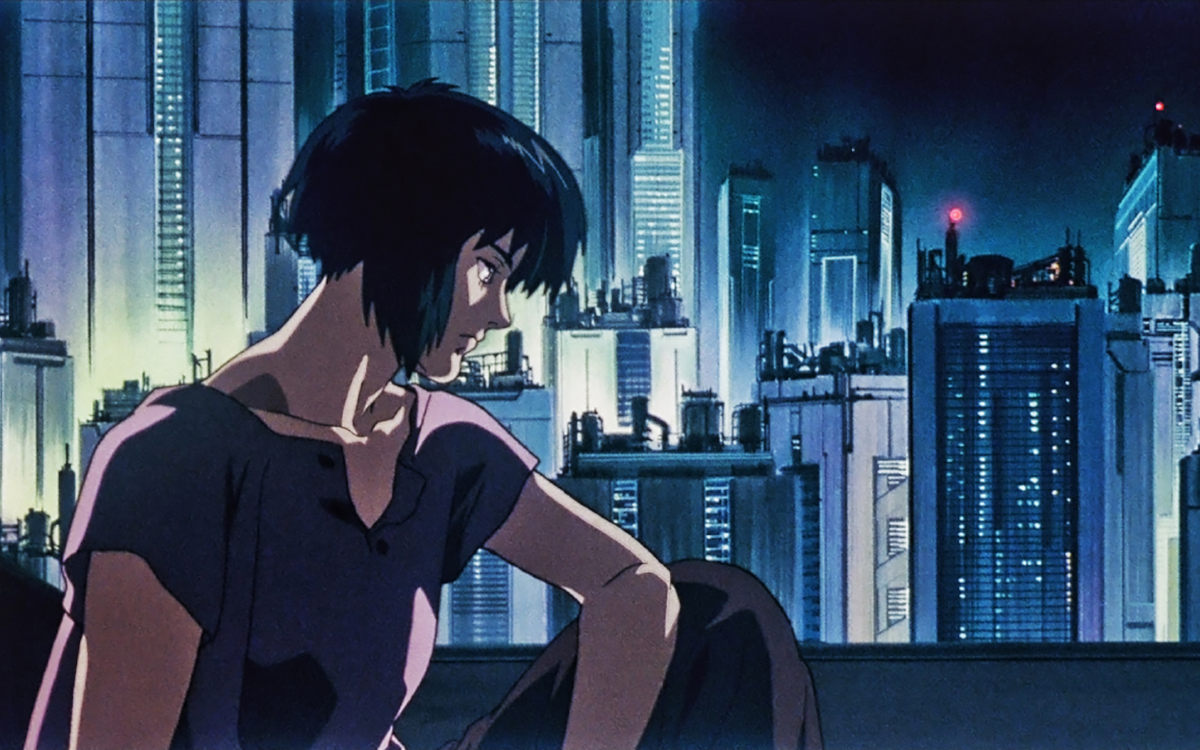soundcontrolstudio.com – “Ghost in the Shell” is a seminal Japanese animated science fiction film directed by Mamoru Oshii, released in 1995. Based on the manga by Masamune Shirow, the film explores complex themes of identity, consciousness, and technology in a cyberpunk future. Celebrated for its philosophical depth and groundbreaking animation, “Ghost in the Shell” has left a lasting impact on both the science fiction genre and popular culture. This article will examine the film’s plot, thematic elements, and its influence on cinema.
Plot Summary
Set in the year 2029, “Ghost in the Shell” follows Major Motoko Kusanagi, a cyborg officer in a covert government agency known as Section 9. The film opens with Major Kusanagi and her team investigating a mysterious hacker known as the Puppet Master, who is capable of infiltrating and manipulating human minds. As the investigation progresses, Kusanagi grapples with existential questions about her own identity and the nature of her humanity, given her cybernetic enhancements. The narrative unfolds in a world where human consciousness, or “ghosts,” can be transferred into cybernetic bodies, or “shells,” blurring the line between human and machine.
Themes and Analysis
“Ghost in the Shell” delves into profound philosophical questions about identity, consciousness, and the impact of technology on humanity. The film explores the concept of the self in a world where the mind can be separated from the body, questioning what it means to be human when memories and consciousness can be artificially altered. Additionally, the film addresses themes of autonomy and free will, as characters struggle with the implications of living in a highly networked and technologically advanced society. The intricate narrative invites viewers to reflect on the relationship between humanity and technology, a theme that remains relevant in contemporary discourse.
Impact on Cinema
“Ghost in the Shell” is renowned for its innovative animation techniques, blending traditional hand-drawn art with digital effects to create a visually stunning and immersive world. The film’s influence can be seen in numerous works across various media, most notably in the Wachowskis’ “The Matrix,” which drew inspiration from its cyberpunk aesthetic and philosophical themes. “Ghost in the Shell” has become a cornerstone of science fiction cinema, praised for its intellectual depth and artistic vision. Its impact extends beyond animation, influencing filmmakers, writers, and technologists exploring similar themes.
Conclusion
“Ghost in the Shell” stands as a landmark film in the science fiction genre, known for its thought-provoking exploration of identity and technology. Its blend of philosophical inquiry and cutting-edge animation continues to captivate audiences and inspire creators worldwide. Whether you are a fan of cyberpunk, animation, or philosophically rich narratives, “Ghost in the Shell” offers a compelling and timeless cinematic experience.
